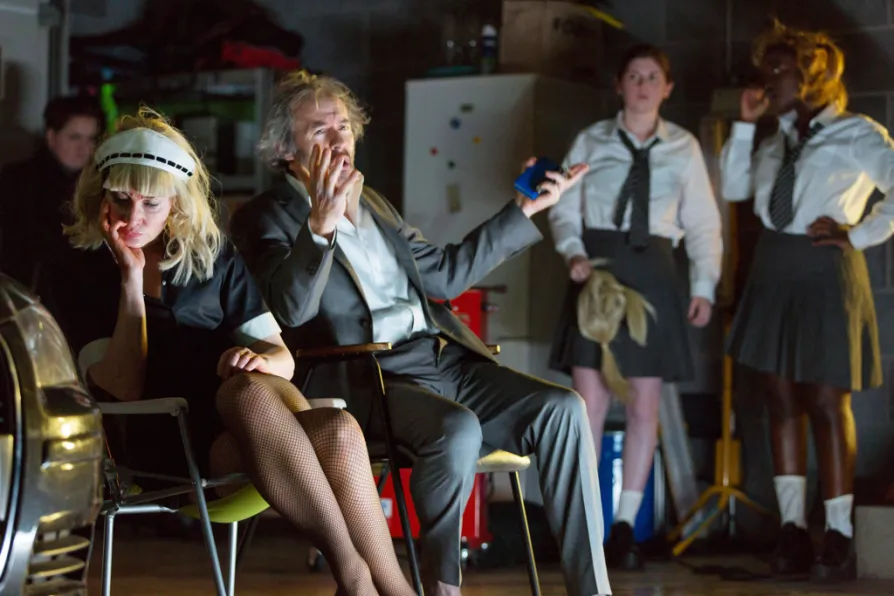MATTHEW HAWKINS contrasts the sinister enchantments of an AI infused interactive exhibition with the intimacies disclosed by two real artists

 Magnificent: Cate Blanchett (left)
[Stephen Cummiskey]
Magnificent: Cate Blanchett (left)
[Stephen Cummiskey]
When We Have Sufficiently Tortured Each Other
National Theatre, London
“EXTREME sex and violence” warns the hype for this new play by Martin Crimp at the National and there’s even a notice on the door about its “shockable” nature as you go in.
So you enter braced for pornography, albeit with a lead performance by none other than the great Cate Blanchett.
And she is magnificent. While displaying all the “infinite variety” of a modern Cleopatra, she holds the attention endlessly, with her face, voice, body and essential substance totally at her command. Sometimes a soft yielding girl, at others she’s the dominant male.

MARY CONWAY revels in the Irish American language and dense melancholy of O’Neill’s last and little-known play

MARY CONWAY recommends a play that some will find more discursive than eventful but one in which the characters glow

MARY CONWAY relishes two matchless performers and a masterclass in tightly focused wordplay











